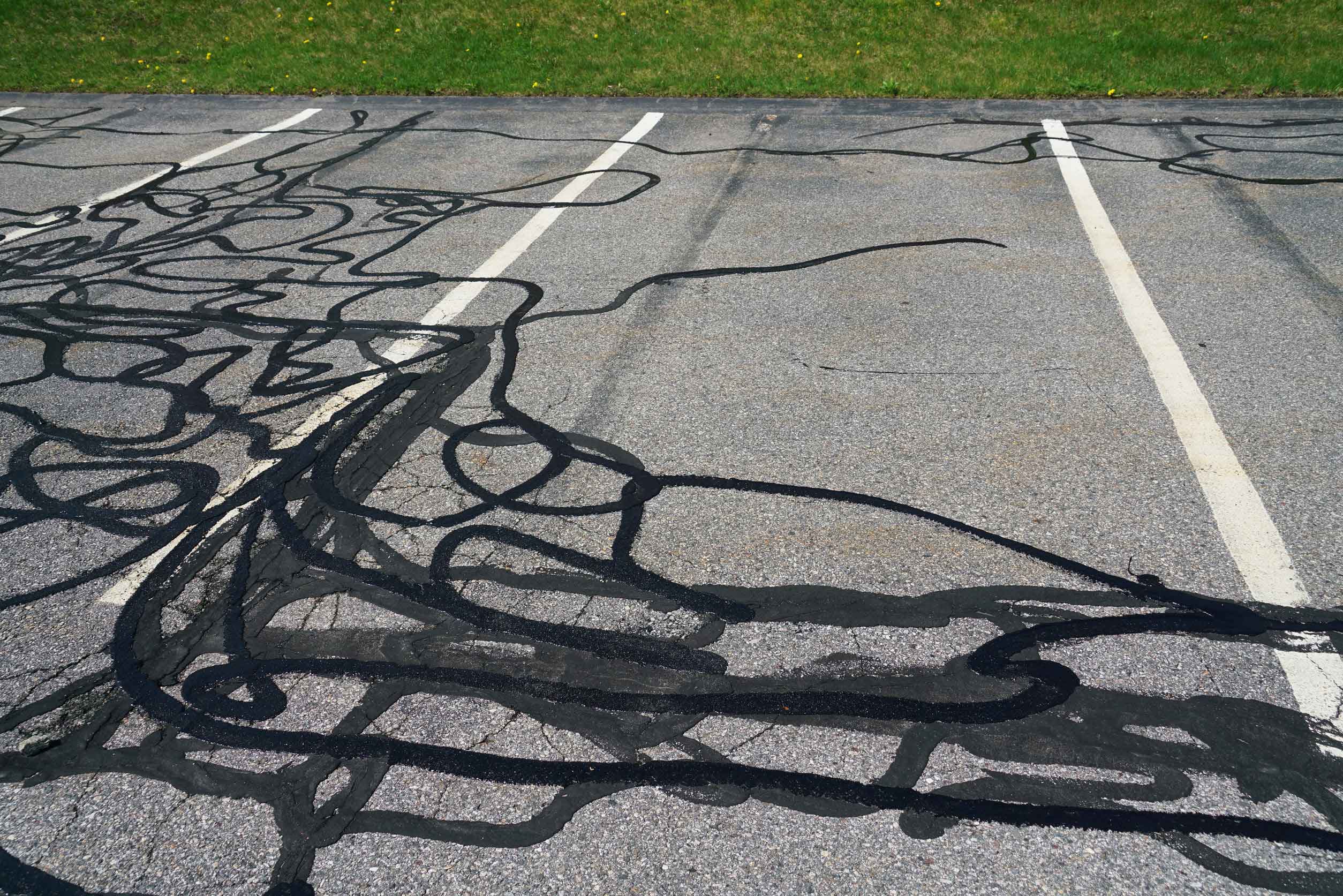Hot Crack Sealing
What is Hot Crack Sealing?
Hot Crack Sealing is hot rubberized sealant that is made up of a combination of asphalt and polymers. Once heated, it is poured into cracks in asphalt. Once it dries, it is a flexible, spongy material; this flexibility helps the sealant to expand and contract with the asphalt as it reacts to outdoor temperature changes.
Why Do You Need Hot Crack Sealing?
If you’re experiencing cracks in your driveway or asphalt lot, a solution should be implemented as soon as possible to prevent any further damage. Cracks should be cleaned and sealed as fast as possible with a flexible hot pour rubberized type sealant. Because a crack is a stress joint for the asphalt, the crack sealant will take on that stress and need to be maintained in order to prevent accelerated deterioration of the asphalt
Once cracks have been cleaned and sealed with a hot pour rubberized asphalt, it is recommended that the asphalt is sealed to help prevent further moisture from penetrating the pavement and to seal in any natural oils. This will help to keep the asphalt as flexible as possible to prevent further cracking.
Hot Crack Sealing vs. Sealcoating
Sealing cracks is the most economical way to prevent future asphalt deterioration and asphalt expenses. Small cracks of ¼ inch or less can be effectively sealed using a pourable sealant. Larger cracks have much more movement with changing temperature conditions and therefore need to be filled with a material that also has a very high elasticity, like the materials used in hot crack sealing. If your asphalt has a number of larger cracks, it may be time to consider repaving, depending on the extent of the damage. APS can do both, so give us a call today.

